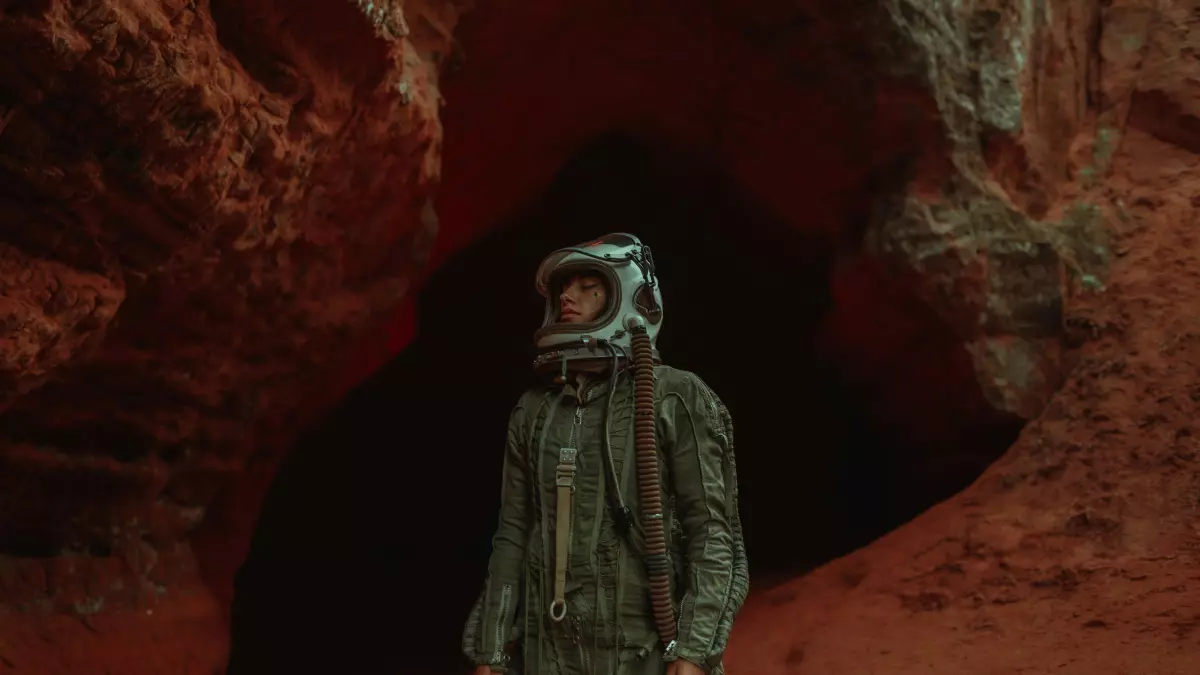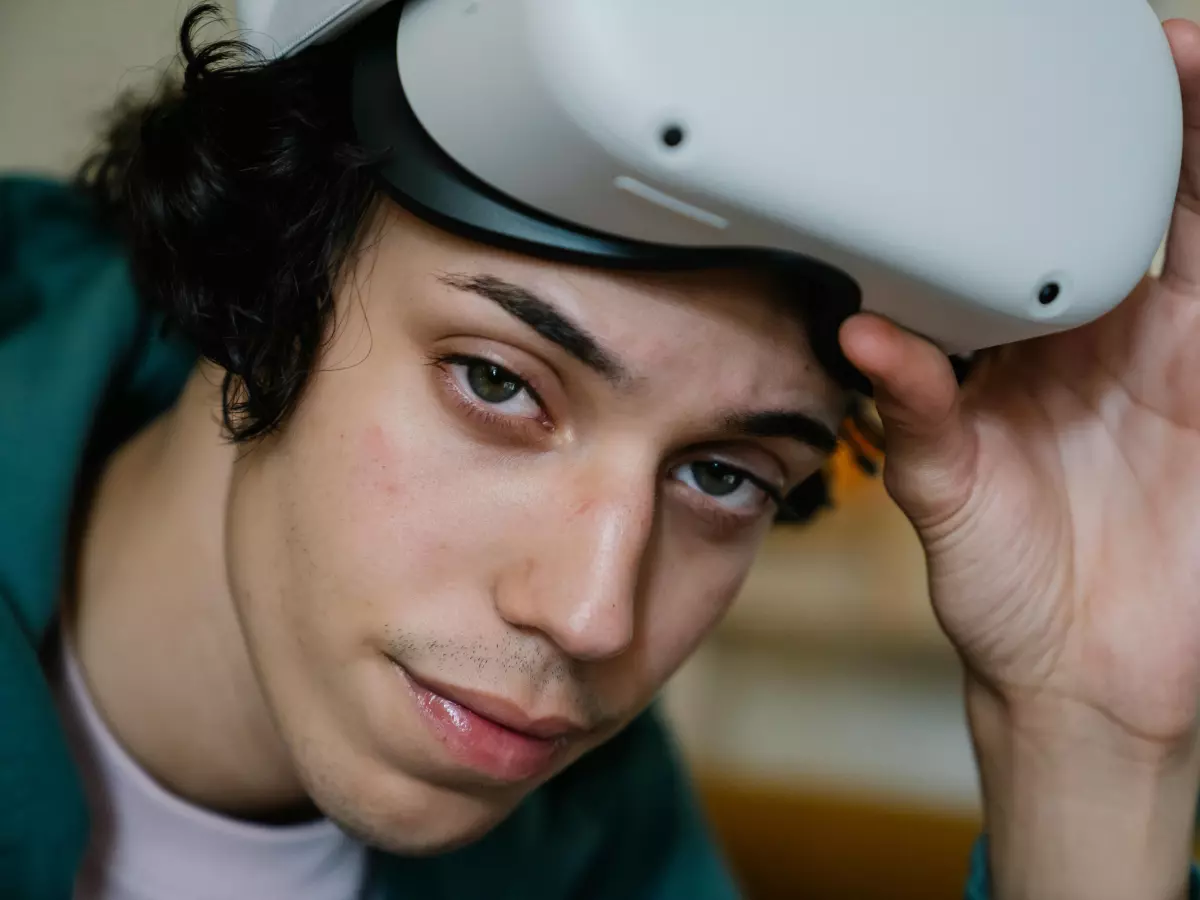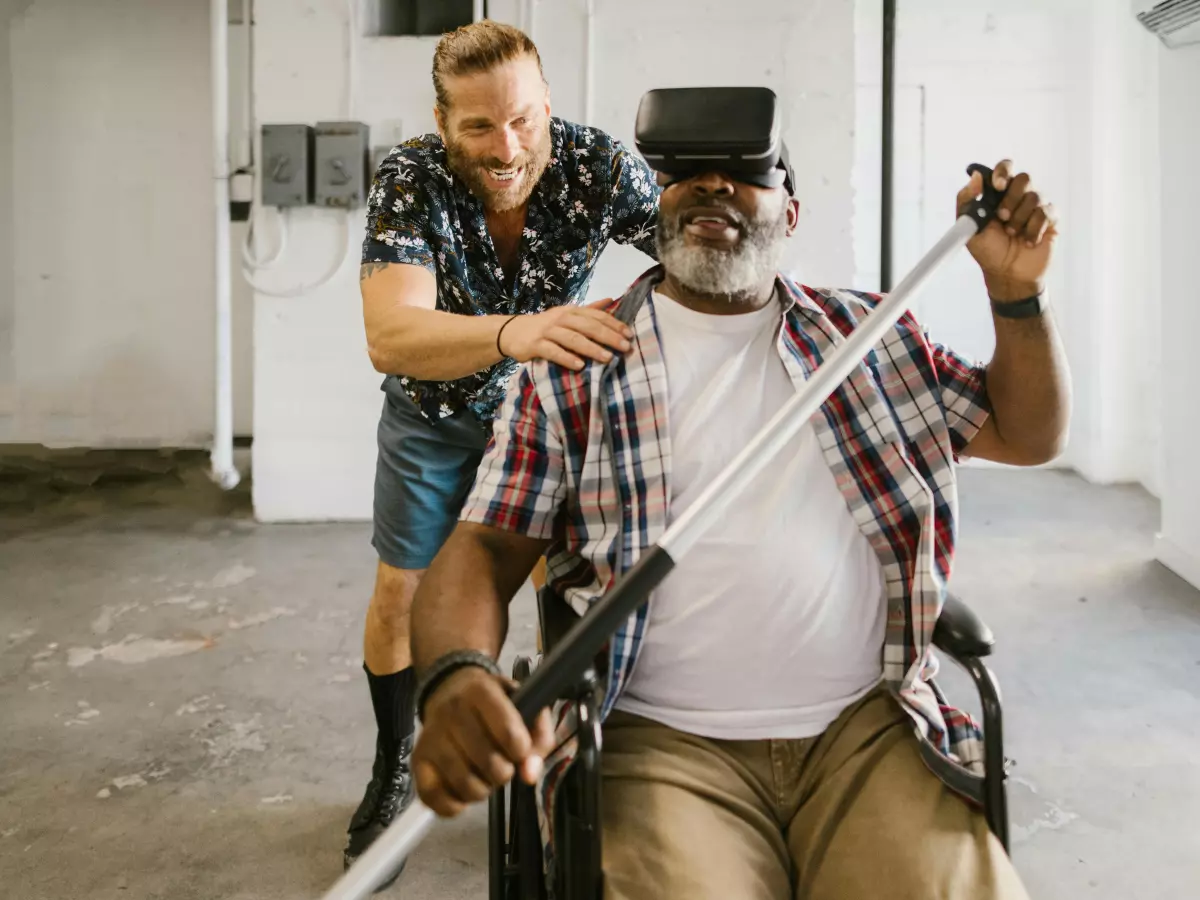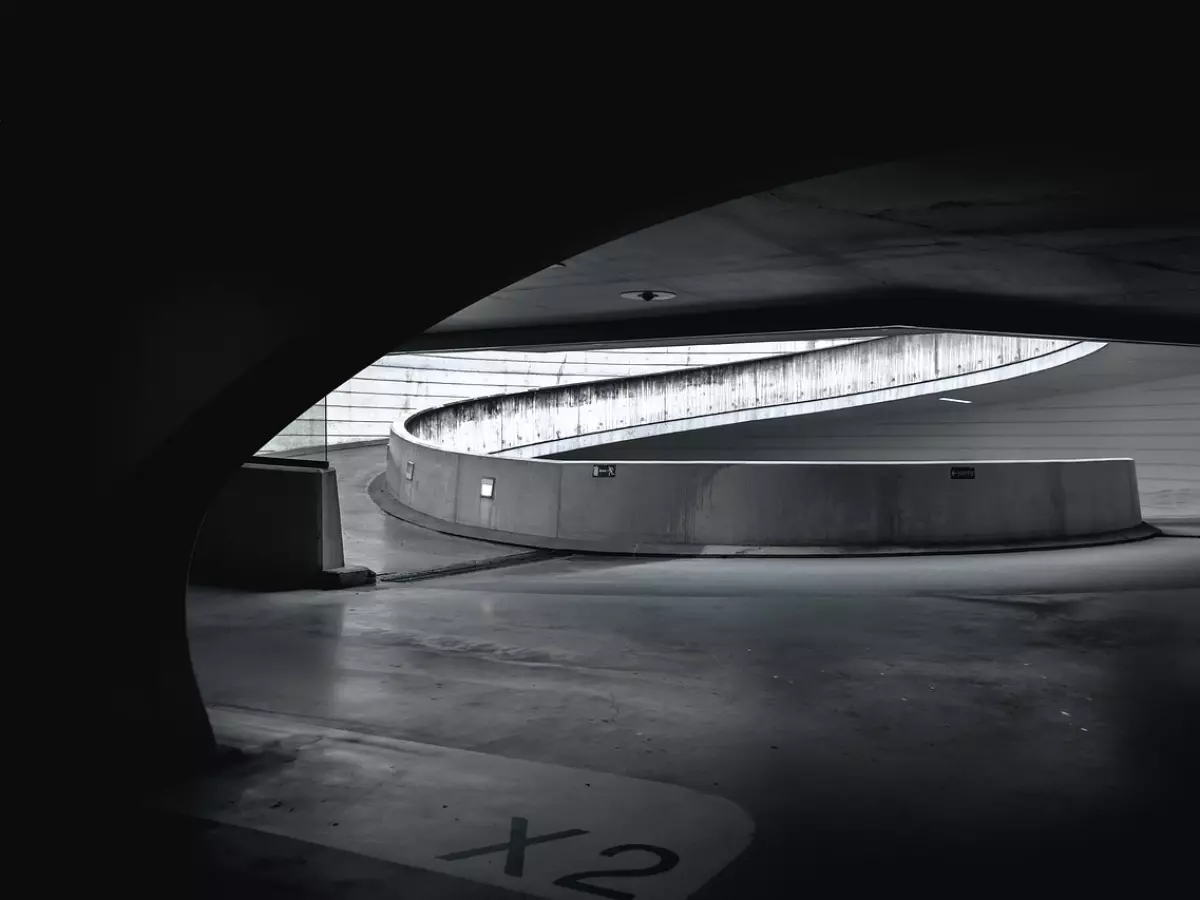AI in Space
Imagine this: You're floating in the vastness of space, surrounded by stars, and your only companion is an AI-powered robot. Sounds like a sci-fi movie, right? Well, it’s not as far-fetched as you might think.

By Alex Rivera
In fact, AI is already playing a critical role in space exploration, and it’s only getting more involved. From autonomous spacecraft to AI-driven data analysis, artificial intelligence is helping us push the boundaries of what we know about the universe. And the best part? It’s doing it faster and more efficiently than ever before.
But let’s rewind for a second. Just a few decades ago, the idea of using AI to explore space seemed like something out of a futuristic novel. Fast forward to today, and AI is not only a reality in space exploration—it’s a game-changer.
AI-Powered Rovers: The Ultimate Space Explorers
Remember the Mars rovers, like Curiosity and Perseverance? These little guys are like the Swiss Army knives of space exploration, equipped with a variety of tools to study the Martian surface. But here’s the kicker: They’re also equipped with AI. These rovers use machine learning algorithms to navigate the Martian terrain autonomously, avoiding obstacles and making decisions on the fly. It’s like giving them a brain—well, sort of.
Without AI, these rovers would need constant human intervention to move even a few feet. But thanks to artificial intelligence, they can roam around Mars, collect data, and send it back to Earth without needing someone to hold their hand (or robotic arm).
Autonomous Spacecraft: No Pilot Needed
Spacecraft are also getting a serious AI upgrade. Take NASA’s Deep Space Network, for example. This system uses AI to autonomously manage communications between Earth and spacecraft millions of miles away. Think of it as the ultimate long-distance relationship, but instead of texting, it’s sending data across the solar system.
AI is also being used to guide spacecraft on complex missions, like landing on asteroids or navigating through the rings of Saturn. These are tasks that would be nearly impossible for humans to manage in real-time, but AI can handle them with ease. It’s like having an autopilot on steroids.
Data, Data, and More Data
Space exploration generates an insane amount of data. We’re talking terabytes upon terabytes of information from telescopes, satellites, and spacecraft. Analyzing all that data manually? Forget about it. That’s where AI comes in.
AI algorithms are being used to sift through this mountain of data, identifying patterns and anomalies that would take humans years to find. For example, AI has been used to discover new exoplanets by analyzing data from the Kepler Space Telescope. It’s like having a super-smart assistant that can find a needle in a cosmic haystack.
AI and the Search for Extraterrestrial Life
Okay, let’s get to the fun stuff—aliens. One of the most exciting applications of AI in space exploration is the search for extraterrestrial life. AI is being used to analyze signals from space, looking for patterns that could indicate the presence of intelligent life. It’s like SETI (Search for Extraterrestrial Intelligence) on steroids.
While we haven’t found E.T. yet, AI is helping us get closer to answering one of humanity’s biggest questions: Are we alone in the universe? And if we do find something, you can bet AI will be the first to know.
The Future of AI in Space Exploration
So, what’s next for AI in space exploration? Well, the possibilities are endless. AI could be used to build autonomous space colonies, mine asteroids for resources, or even terraform planets. It’s like the Wild West of space, and AI is the new sheriff in town.
But perhaps the most exciting possibility is the idea of AI-powered spacecraft exploring the far reaches of the universe. Imagine a fleet of AI-driven probes, traveling to distant galaxies and sending back data in real-time. It’s the stuff of science fiction, but it could become a reality sooner than we think.
In the end, AI is not just a tool for exploring space—it’s a partner. And as we continue to push the boundaries of what’s possible, AI will be right there with us, helping us unlock the mysteries of the cosmos.
So, the next time you look up at the night sky, remember: Somewhere out there, an AI might be exploring the stars.
Fun Fact: NASA’s Curiosity Rover has driven over 16 miles on Mars, all thanks to its AI-powered navigation system. That’s like running a marathon—on another planet!





